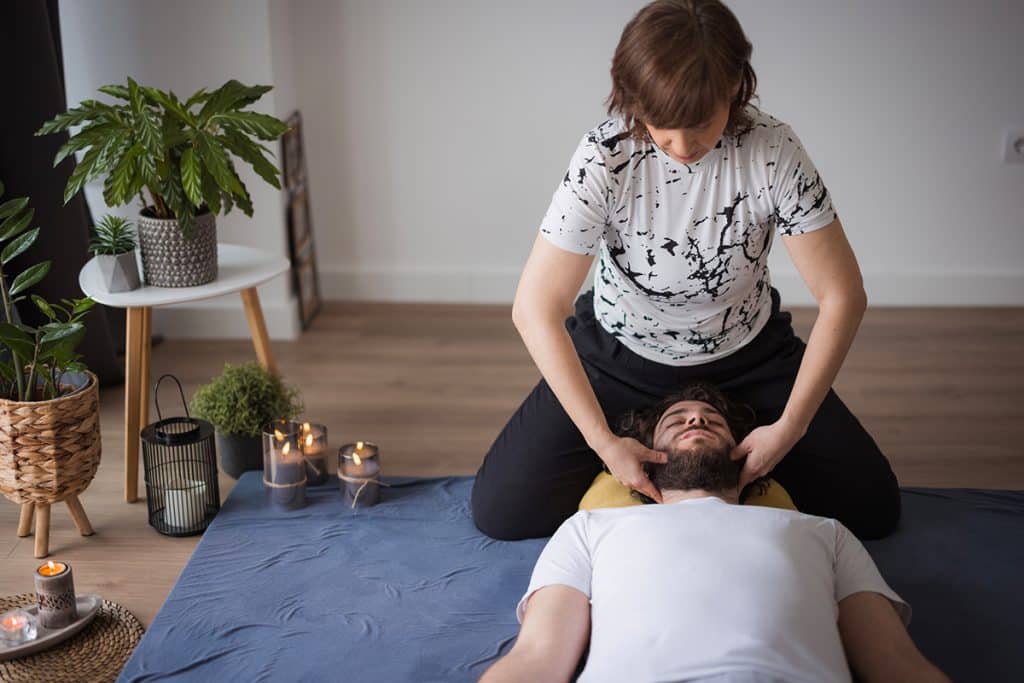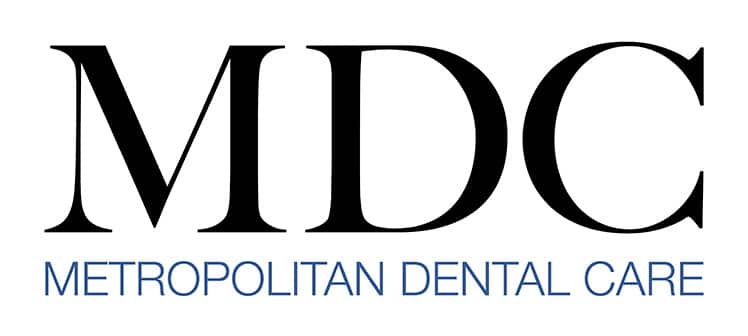6 Easy Jaw Exercises for Short-Term TMJ Relief

Are you struggling with TMJ pain and looking for ways to alleviate it naturally? If so, you're not alone. Temporomandibular Joint Disorder (TMJ) affects millions of people worldwide, causing discomfort and disrupting daily activities. But don't worry—there are simple exercises you can do to help manage this condition.
Understanding TMJ and Its Common Causes
Temporomandibular Joint Disorder, commonly known as TMJ, occurs when there's a problem with the jaw joint and the muscles controlling it. This condition can be caused by several factors including jaw injuries, arthritis, teeth grinding, or even stress. The result is often stiff, painful muscles that make it difficult to chew, speak, or yawn.
For many TMJ sufferers, the pain can be debilitating. However, understanding the underlying causes can help in finding effective treatments. While jaw exercises are not a cure-all, they can play a significant role in alleviating discomfort.
Why Jaw Exercises Are Crucial for TMJ Relief
Jaw exercises are essential for several reasons. They can help strengthen the jaw muscles, making them less susceptible to stress and strain. Regular TMJ exercises can improve the flexibility and range of motion of your jaw, making everyday activities like eating and speaking more comfortable. These exercises can promote better blood flow, aiding in the healing and overall health of the jaw area.
Six Easy Jaw Exercises with Detailed Instructions
Jaw Relaxation Exercise
Start by sitting comfortably. Place your tongue gently on the roof of your mouth, just behind your front teeth. Relax your jaw muscles while keeping your lips closed. Hold this position for a few seconds and repeat 5-10 times. This exercise helps relax the muscles around your jaw and reduces tension.
Goldfish Exercise (Partial Opening)
Place one finger on your TMJ and another finger on your chin. Open your mouth halfway and then close it. Repeat this exercise six times for one set. Perform six sets twice daily. This exercise aims to stretch and strengthen your jaw muscles.
Goldfish Exercise (Full Opening)
Place one finger on your TMJ and another on your chin, just like in the partial opening exercise. This time, open your mouth fully and then close it. Repeat six times for one set and complete six sets twice a day. This helps improve the range of motion and flexibility of your jaw.
Resisted Mouth Opening
Place your thumb under your chin and gently press upward while trying to open your mouth. Hold for 3-6 seconds and then relax. Repeat this exercise 5-10 times. This resistance helps strengthen the jaw muscles.
Resisted Mouth Closing
Place your thumb under your chin again, but this time, press downward while trying to close your mouth. Hold for 3-6 seconds and repeat 5-10 times. This exercise works on the opposite set of muscles for balanced strength.
Side-to-Side Jaw Movement
Using gentle pressure, move your jaw from side to side. Place a small object, like a pencil, between your front teeth and slowly shift your jaw left and right. Repeat 5-10 times. This exercise increases flexibility and reduces muscle tightness.
Additional Tips for Managing TMJ at Home
Aside from exercises, there are several other strategies you can incorporate to manage TMJ at home. Applying warm compresses can help relax your jaw muscles. Over-the-counter pain relievers might also provide temporary relief. Additionally, practicing good posture and avoiding hard foods can lessen the strain on your jaw.
Proper hydration and stress management also play crucial roles. Drinking plenty of water keeps your joints lubricated, while stress-relief techniques like meditation can reduce overall tension.
When to Seek Professional Help
While these exercises can provide significant relief, there are times when professional intervention may be necessary. If your TMJ symptoms persist despite home treatments, consult a TMJ specialist. They can offer more targeted therapies, such as myofunctional therapy which is offered at Metropolitan Dental Care, medication which the doctors at Metropolitan Dental Care can prescribe, physical therapy, or even surgical options if needed.
Don't hesitate to seek professional advice—early intervention can prevent more severe complications down the line.
Frequently Asked Questions About TMJ
Can jaw exercises alone cure TMJ?
While jaw exercises can significantly reduce symptoms and improve jaw function, they are not a cure-all. It's essential to combine exercises with other treatments and consult a specialist for comprehensive care.
How often should I perform these jaw exercises?
For best results, try to perform these exercises twice daily. Consistency is crucial for achieving and maintaining relief from TMJ symptoms.
Call Metropolitan Dental Care to Get TMJ Relief
Managing TMJ can be challenging, but incorporating these exercises into your daily routine can make a significant difference. Combined with additional home management tips and knowing when to seek professional help, you can find relief and improve your quality of life. Remember, consistency is key, and your jaw will thank you for the attention you give it.
Call Metropolitan Dental Care at 212-867-4223 or contact us today to learn more and schedule an appointment.
